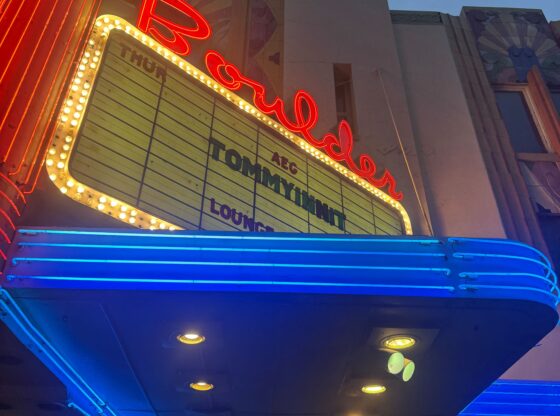A few weeks ago the University of Denver announced a change to the plans for renovation of Penrose Library, plans that had been in the works for over 4 years. This new plan was drafted by Chancellor Robert Coombe and the Board of Trustees in closed door meetings without the input of students, faculty or librarians. Their idea? To ship 80% of the Penrose Library book collection topermanent off-site storage in Lakewood. This plan poses significant problems for the continued academic vitality of this institution as well as our status as a leader on issues relating to environmental sustainability.
While one of the reasons given for this move is the low use of many books, libraries serve the purpose of emphasizing the atemporality of knowledge. Whether or not a book has been checked out recently is irrelevant, the possibility of its being discovered is where its true value lies. Knowledge is not a popularity contest. Obscure and under-utilized sources are the true source of discovery. As it now stands, the books that will be kept on campus are the newest and most used books in the collection. This is the opposite of what should be done. A book that is old and rarely used even when available in physical stacks will never be seen again if it is stored in a warehouse. Books that are easily searchable are just the kind that can be efficiently stored off site.
Furthermore, what this decision amounts to is epistemological erasure. There are certain kinds of research that cannot be done without actually browsing the stacks. Some books are not searchable or quantifiable and some that are relevant to a topic will never show up in an internet search no matter what subject heading is used. What the administration is saying is that it does not value this type of research or knowledge. Consider the new copper on Driscoll Bridge or the beautiful Ritchie Center tower. While I am certainly not opposed to either, they do not serve a practical purpose. What they do serve is a symbolic purpose. Likewise, storing more than a million books on campus may seem impractical at times, but by shipping our book collection to an off campus site, what are we saying about our values as a university? In this way the book is as much sign as substance.
Not only does the plan to store books off-site compromise the academic integrity of the university it is also environmentally irresponsible. This is a plan that will require trucks to drive from the University of Denver to Lakewood and back, 24 hours a day, ad infinitum. The gas use and carbon emissions entailed in such a plan should be enough to invalidate it on their own.











